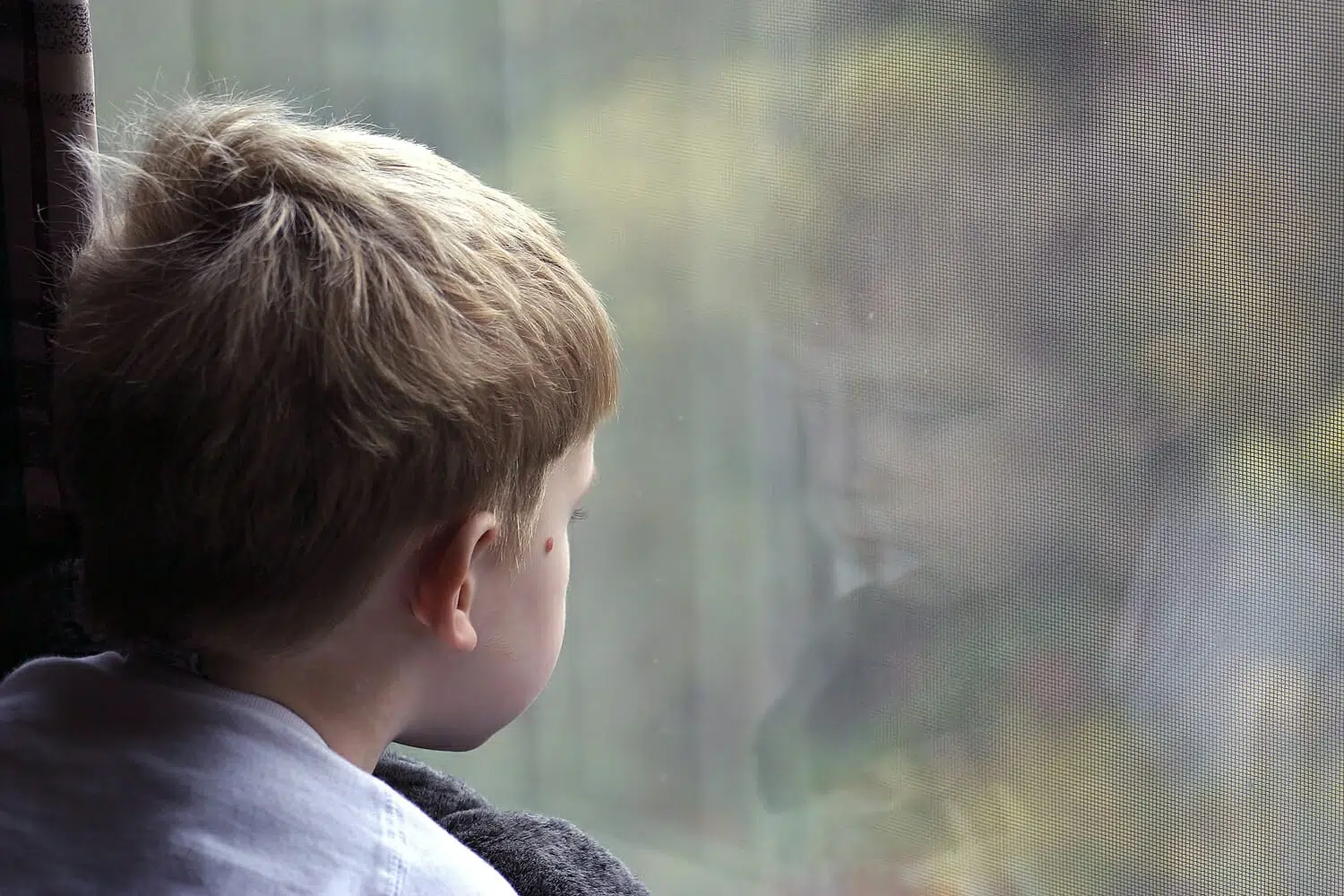Perhaps as a way to make ourselves feel better, humans unscientifically invented the notion of “compensation” for deficits. We tell ourselves, for instance, that blind people have more acute hearing, or that hearing-impaired people are excellent lip readers (neither of which is true, says Michigan’s Community Service Commission). Often we drape the same socially comfortable cover over fatherlessness, trying to convince ourselves of the resiliency of children raised in fatherless households. Unfortunately, disturbing truths about fatherlessness may shatter some of your misconceptions. We hope they also help you to reinforce your critical role as a father in the lives of your own children.
Families with Fathers Do Better
Many researchers and agencies have monitored fathers’ involvement in their children’s lives. Decades of research on dads, summarized by the National Responsible Fatherhood Clearinghouse, show that families with fathers do significantly better than families with absentee Dads:
- A responsible father in the home promotes improved academic performance in school while reducing disciplinary problems among school-age children; a single-mother household points toward worse academic performance and greater discipline issues
- Preschoolers with actively involved fathers have stronger verbal skills; fatherless children have poorer reading and speaking skills
- Actively involved fathers have children with fewer behavior problems in school than children who grow up fatherless
- A strong father-daughter relationship can help a girl perform better in mathematics than a girl with a weak or non-existent father-daughter relationship
- Boys with involved, present fathers get better grades and perform better on achievement tests than fatherless boys
- Fathers encourage very small children to be curious and work hard at problem-solving; fatherless children do not explore their world as much
- Children with highly involved fathers show greater self-control than fatherless children or children with uninvolved fathers
How About a Father Not At Home but Still Involved?
Keep in mind that a father can still be greatly involved in a child’s life without living with the child. If you and your ex-wife are divorced but you maintain a strong schedule of visiting with your children, they will do better than the divorced dad who ditches them.
The National Center for Education Statistics reported as early as 1997 that non-custodial fathers who are highly involved in their children’s educations tend to nurture children who will get high grades at all grade levels.
The same survey went on to say that fathers who do not live with their children, but still involve themselves in their kids’ educations, correlate to three important factors:
- More educated mothers
- Dads paying their child support
- Custodial homes being financially stable
The inverse of these issues would show themselves in households with absentee fathers; mothers would be more poorly educated (and thus unable to provide a strong financial support from a good job), the absentee father would not pay child support; and the children would experience financial insecurity.
Paternal Perturbations
Some frightening reasons to worry about fatherless children emerge from other research. Experts at The Fatherless Generation have compiled these facts:
- Most — 63 percent — of youth suicides involve fatherless homes, a rate five times the national average
- Four-fifths of rapists with anger problems come from homes without fathers
- Almost all — 90 percent — of runaway and homeless kids are from fatherless homes, a number 32 times the national average
- Of all children displaying behavior issues and disorders, 85 percent (20 times the average) come from homes with no fathers
- In state-operated institutions (prisons, jails and youth homes), 70 percent of youth come from fatherless homes
- Nearly three quarters (71 percent) of students dropping out of high school come from fatherless homes; that is nine times the national average
- Teens in households presided over by single mothers are at a 30 percent higher risk for smoking, drug use or alcohol use than those in two-parent households
- Of youth in prison, 85 percent come from fatherless homes
Much of the data concern the effect of fatherlessness on boys. Boys tend to act out more aggressively as teens and young adults, so they make up larger percentages of incarcerated populations than girls do. Yet daughters do not escape the effects of fatherlessness. The Fatherless Generation cataloged these facts:
- Daughters of single mothers with no paternal involvement are 53 percent more likely to marry as teenagers
- Daughters with uninvolved fathers are 711 percent more likely to have children as teenagers
- These daughters are 164 percent more likely to have premarital births
- Sadly, these same daughters without fathers are 92 percent more likely to get divorced themselves
The Firm For Men Advocates for Fatherhood!
According to the U.S. Census Bureau, 23 percent of children under 18 live in single-mother households, with no father present. Look at the facts. Get involved. Even if you are the non-custodial parent, you can give the greatest gift to your children, the gift of your caring involvement in their lives.
Please dial 757-383-9184 to reach The Firm For Men so you can speak with a caring, knowledgeable attorney familiar with family law in Virginia. We not only defend men’s rights, we stand for what is right, including the right of Virginia’s children to know their fathers, to learn from their fathers, and to have their fathers involved in their lives.

